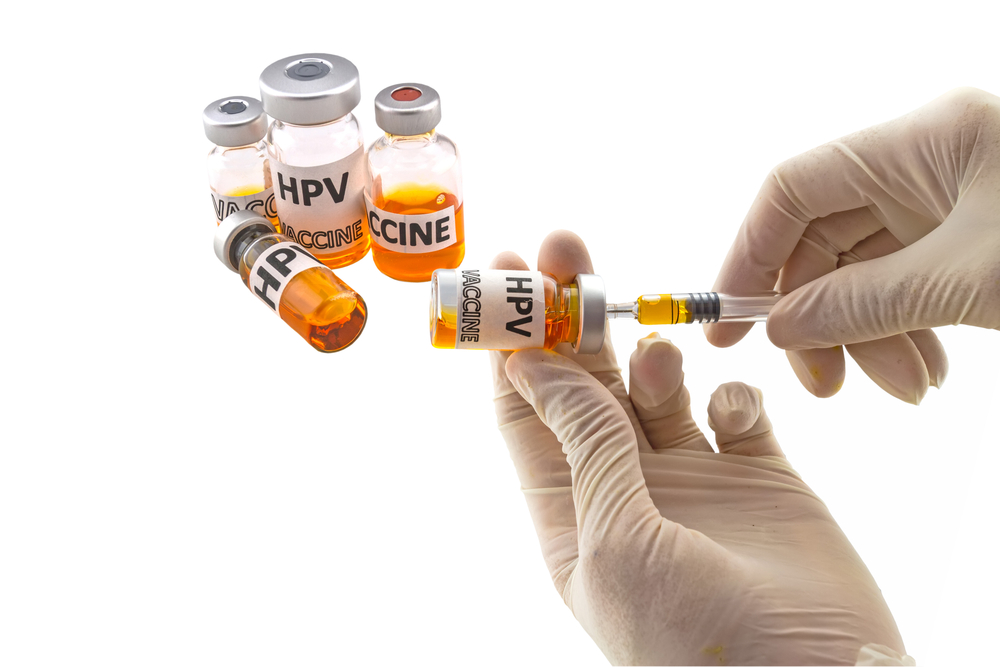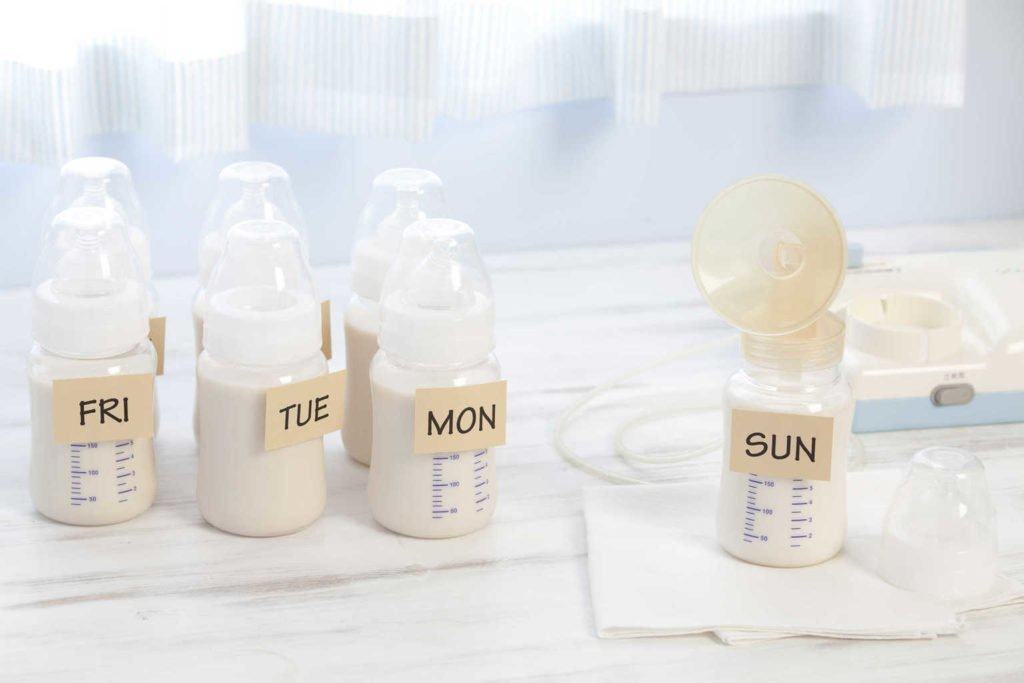Contents:
- Medical Video: Congenital Heart Disease: Katie's Story
- Continuous medical care
- Life insurance
- ASI and nutrition
- Physical activity
- Emotional problem
- Transition period
Medical Video: Congenital Heart Disease: Katie's Story
Hope for children with congenital heart defects now better than before. Progress in testing and treatment provides an opportunity for most of these children to survive into adulthood. They can live actively and be more productive.
Usually, these children only need to be examined occasionally by a cardiologist (heart specialist) as they grow older.
Children who have complex heart defects need long-term care from experienced specialists. This will help them stay healthy and maintain a good quality of life.
Continuous medical care
Continuous medical care is very important for children's health. This treatment includes:
- Check the child in a pediatric heart specialist according to the directions
- Meet a pediatrician or family doctor for routine check-ups
- Take medication as prescribed
Children who have severe heart defects have a slight increase in infective endocarditis (IE). IE is a serious infection in the inner lining of the room and the heart valve.
Pediatricians or dentists will provide antibiotics to children before dental procedures (such as surgery or dental examinations) that allow bacteria to enter the blood. The pediatrician will tell you whether the child needs antibiotics before the procedure.
To reduce the risk of IE, brush your child's teeth gently every day. As your child grows up, make sure he brushes his teeth every day and visits the dentist regularly. Talk to your pediatrician and dentist about how to keep your child's mouth and teeth healthy.
As children who have heart defects grow up and become teenagers, they must know that their hearts are different from the heart of a normal person. They also need to know the types of heart defects they have, how they are treated, and the type of care needed. They must be able to recognize the signs and symptoms and how to overcome them.
Cooperate with child health care providers to compile medical records and information covering all aspects of a child's heart defects, including:
Life insurance
Review your current health insurance plan so you can understand your coverage. It is important to maintain health insurance at this time. If you plan to switch jobs, find out if there is health insurance that includes treatment for congenital heart defects in your child.
ASI and nutrition
Some babies and children who have congenital heart disorders cannot grow and develop as quickly as other children. If the child's heart has to pump harder than usual due to a heart defect, he will get tired quickly when he is breastfed. As a result, children do not get enough nutrition.
Poor patterns of breastfeeding can cause a child's growth to run slowly and thinner than other children. Ujga children develop more slowly, for example, they cannot sit or walk than other children. After undergoing treatment and surgery, growth and development will usually increase.
To help your baby get enough nutrition, ask your doctor about a good breastfeeding schedule for your baby. Also, ask if your baby needs additional supplements. Make sure your child is eating nutritious foods and as they grow. This will help its growth and development.
Physical activity
Physical activity can help children strengthen their muscles and keep them healthy. Ask your pediatrician what type of physical activity is suitable and the best duration for your child. Some children and adolescents who have congestive heart disorders need to limit the duration or type of activities they do.
Remember to ask for a doctor's record that contains restrictions on a child's physical activity. the possibility of schools and other groups need this information.
Emotional problem
Children and adolescents who have serious illnesses usually have emotional problems. For example, they feel isolated when they have to be at home.
Some may feel sad or frustrated with the body and their inability to become "normal" children. Sometimes, his siblings are jealous of children who get a lot of attention due to medical problems.
If you are worried about the emotional health of your child, talk to your doctor about this.
Transition period
The transition from child care to adult care is an important step in treatment. Talk to the youth health nurse team about planning to help transition child care to adult care. Start planning as soon as the child is able and willing to take part in this process.
This transition plan has many advantages. This will help your teenager:
- Get used to talking with health care providers.
- Learn about the adult health care system.
- Understand the importance of having any health and study insurance that covers insurance.
- Responsible for his own medical care.
Transition plans can also help children think about other important issues, such as future education and employment, birth control and pregnancy planning, and making healthy nutritional choices, physical activity, and other lifestyle.
Please consult a doctor if you have questions or problems.












